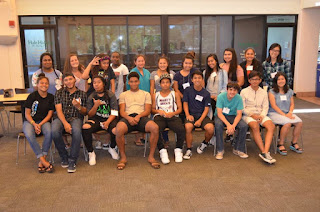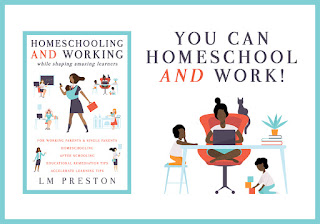MY TIPS AND TRIPS to RAISING AN INDEPENDENT LEARNER
MY METHODS
Kids love playing games, challenges, and rewards. I created these scenarios with them at various times by giving them something to 'hunt' for within a chosen topic.
MOTIVATING LEARNING THROUGH ADVENTURES
We used the Sue Patrick Workbox Method to keep us organized. Also, to allow my child to go to one place for their assignments, turning in their work, and letting me know when they needed help. This was an invaluable training resource for their INDEPENDENCE at a young age.
SCAVENGER HUNTS
Creating learning and topical scavenger hunts for information is a really good way to stir up additional and directed learning curiosity. Allowing the child to use whatever source, method or type of research material to gather the pieces to the puzzle for their learning really solidifies the topic. My kids did this a lot with HISTORY, GEOGRAPHY, SCIENCE and TOPICS OF THEIR CHOICE. This is a great way to add to a topic or completely teach a subject. You can get really creative with this and end in a DISCUSSION, PROJECT PRESENTATION, or a SHOW AND TELL of their findings.
RESEARCH ASSIGNMENTS
This assignment should include all the makings of a scientific experiment and argument building exercise. With research methods including outward discovery and even finding or coming up with solutions that are not presented within their findings. It can include a paper, artwork, a collage, and a scientific demonstration of their newfound facts. ~Make it fun ~ and validate the child's responses and retention. Make the topic something that they are interested in. Give them methods for research, analysis. Consider the outcome being *creating a game to discover the findings, a video, acting out the finding ~ do whatever you can to make it fun.
DISCOVERY MISSIONS
Discovery missions is a way of opening up a learning opportunity by sharing one piece of the study at a time and in different ways. You could experience literature by reading a comic together, then going to see the play, then watching a movie, and going to the location, creating the food for that adventure, or artifacts, or creating a room that represents that adventure, or even have your child plan the adventure to show you the way to their discovery.
ASK THE RIGHT QUESTIONS
Part of making the experience fun, is to figure out how to ask the right questions to lead your child to share, desire discovery, and to interact through the learning experience. They should be fueled by questions, that 'spark' a desire to research to find out more about their topic.
GO ON THE ADVENTURE WITH THEM
The best part of the experience, is when they are finished their discoveries, they take you on the adventure with them. Let them do it alone first, to 'map the route', then have them take you on the journey to share their methods of discovery, learning, pitfalls, and wins.
VALIDATE THE EXPERIENCE by EVALUATING THE LEARNING
Lastly, you want your child to have ownership in validating the exercise. The topic areas, the ways you can improve the experience of their learning journey for them. What they learned from it? How they responded? Did it make them more independent?














































